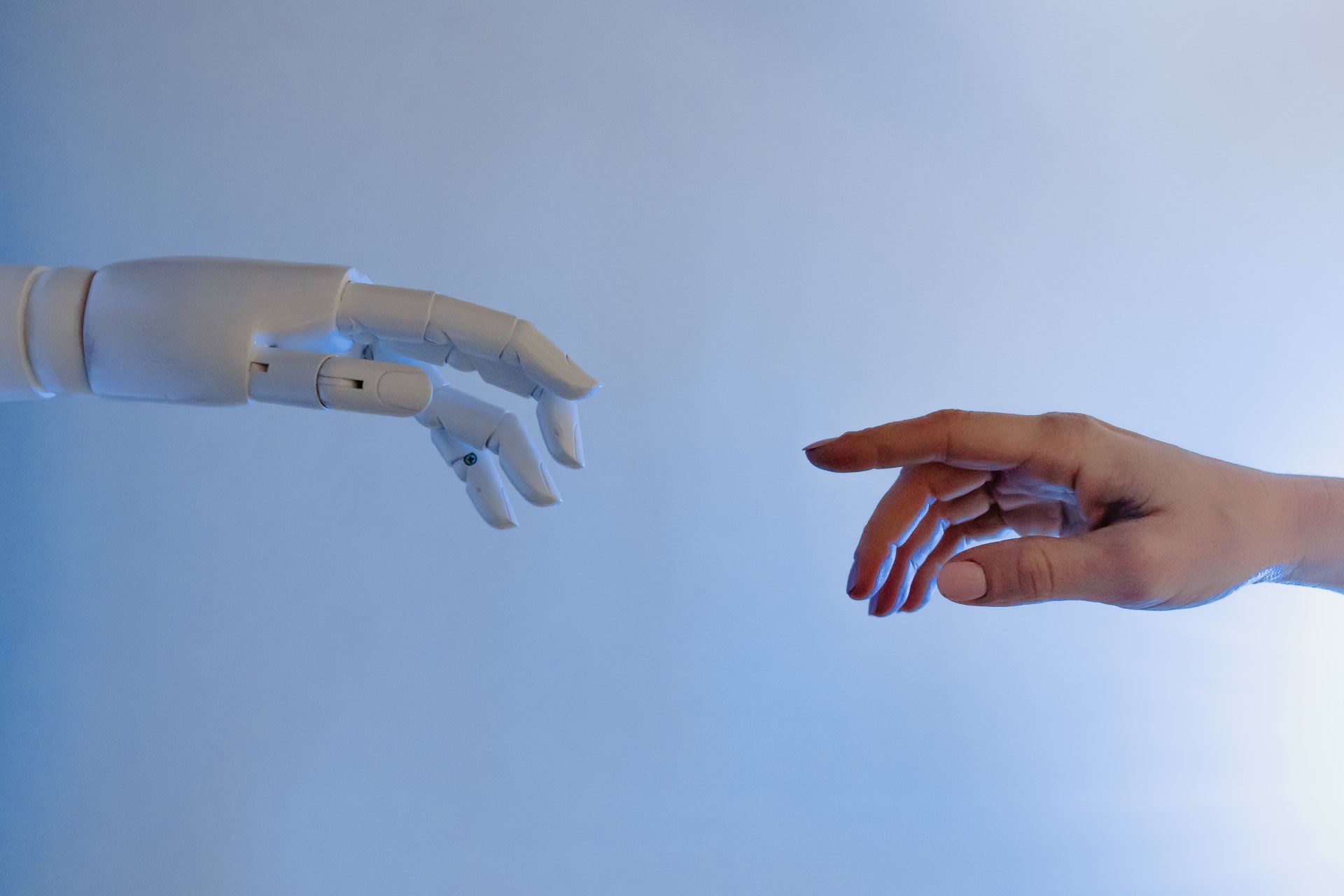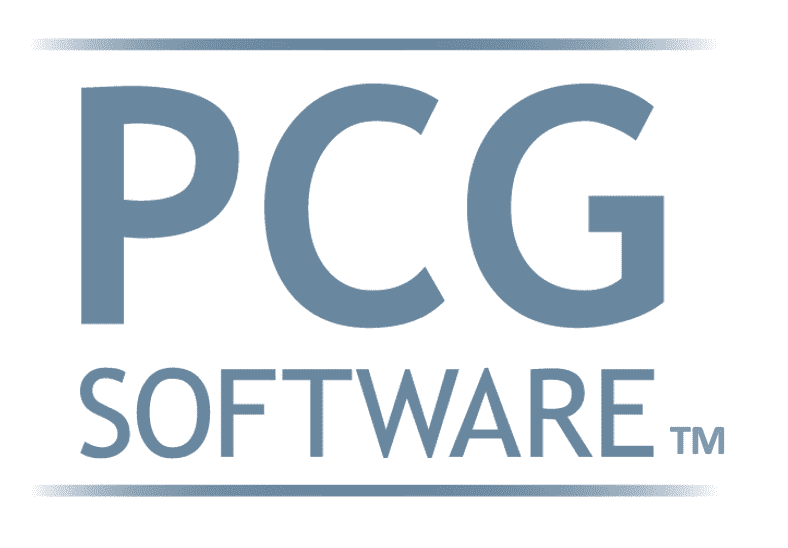AI and EI: Can it and should it be a reality?

Introduction: In the whirlwind of the tech and healthcare realms, where gadgets talk and machines heal, there's an electrifying collision of worlds - the wild world of Artificial Intelligence (AI) and the mysterious realm of Emotional Intelligence (EI). Buckle up, because investors, healthcare hotshots, and billing wizards are all on the edge of their seats, eager to unravel the jaw-dropping secrets of this cosmic crossover!
Exploring Artificial Intelligence (AI)
What's All the Buzz About Artificial Intelligence (AI)?
Hold onto your hats, folks, because we're about to embark on a journey to demystify AI. Picture this: AI, the brainchild of tech wizards, is like your digital sidekick with the IQ of a superhero! It can see, hear, talk, think, and even predict the future (well, sort of). It's like having a robot best friend, only way cooler! But here's the catch - AI doesn't just wing it; it uses math, data, and fancy algorithms to learn the ropes and become your go-to guru for everything high-tech.
Virtual Examiner as an example of AI
Our AI software audits 3 million to 5 million claims per payers per night going back three claims based on Member ID and Provider ID. The claims team comes in the morning and finds the standard 15% of all claims that have errors and makes human decisions to approve, deny, reduce, or pending for further review (usually contractual agreements between a provider and plan). This is an example of AI.
Emotional Intelligence is the ability to read between the data points and draw conclusions based on human body language, tone, and even writing style. It's our humble opinion that when EI is integrated into AI, the whole human experience will change forever. Just imagine people having robots or online friends that can read what they need and give it to them in an instant. That’s not healthy for countless reasons.
The Show-Stopping Types of Artificial Intelligence
Now, let's talk about categories, my thrill-seeking friends! AI comes in flavors hotter than a jalapeño pepper eating contest:
1. Narrow AI (Weak AI): These AI superstars are specialists, the kings and queens of their domains. Think of them as superheroes who rock a specific skill, like your favorite virtual assistants, Siri and Alexa. They're masters at decoding your words and making your every wish their command!
2. General AI (Strong AI): These are the chameleons of AI, with the smarts to handle just about any task, from playing chess like a grandmaster to diagnosing medical mysteries. They're the closest thing to a real-life superhero, but even they have their kryptonite - achieving true general AI is like chasing a unicorn!
3. Artificial Narrow Intelligence (ANI): These AI dynamos are your problem-solving go-tos. They're the ones who'll take your challenge, chew it up, and spit out an answer faster than you can say "Eureka!" They might not have the world's biggest emotional range, but they're genius problem solvers.
Unveiling Emotional Intelligence (EI)
Peeling Back the Layers of Emotional Intelligence (EI)
Now, here's where it gets emotional, folks! Emotional Intelligence (EI), or EQ for the hip crowd, is like the secret sauce of being human. It's all about feeling the vibes, understanding your feelings, and charming your way through life's maze. Think empathy, self-awareness, and super social skills – it's like having a masterclass in reading minds and hearts.
AI's Emotional Intelligence vs. the Human Touch
But hang on to your roller coaster seats because this is where the plot thickens! AI might be a genius, but it's no Shakespeare when it comes to feelings. Here's the lowdown on the emotional showdown:
1. Feelings 101: Humans have the Ph.D. in understanding feelings – it's in our DNA. AI, on the other hand, is more like a detective analyzing clues; it can guess, but it won't win any awards for truly getting your emotions.
2. Empathy Express: Humans have the empathy express pass – we can feel what others feel, it's our superpower. AI's empathy? Well, it's more like a checklist – recognize emotion, check; respond appropriately, check. But the warm, fuzzy connection? Not so much.
3. Context Counts: Humans are context kings and queens – we can understand feelings in all their glorious complexity. AI? It's more like a tourist trying to navigate a foreign city without Google Maps – it can get lost in the emotional alleyways.
4. Growing Up: Humans can evolve emotionally and adapt to new situations. AI? It's like a statue – it won't change unless someone tinkers with its code.
5. Bias Bites: AI's EQ can be as biased as a fashion show, soaking up biases from the data it's fed. Humans? We can evolve, unlearn, and grow beyond our biases – it's called personal growth, baby!
AI and EI in Healthcare: A Cost-Saving Marvel
Now, let's shift gears and explore the thrilling world of AI and EI within healthcare. Brace yourselves for a ride that's not just entertaining but also a game-changer for your wallets!
Cutting Costs with AI
AI in healthcare is the superhero you never knew you needed. Here's how it swoops in to save the day and your hard-earned cash:
Diagnosis on Steroids:
Imagine AI as your super-smart physician's assistant. It can analyze medical records, images, and patient data faster than the blink of an eye, helping doctors make quicker and more accurate diagnoses. Fewer tests, fewer mistakes, and fewer bills – that's the AI magic!
Predicting the Future:
AI doesn't just stop at diagnoses; it can predict health trends in populations. By spotting potential outbreaks and identifying high-risk patients early, it saves both lives and money by preventing costly health crises.
Streamlining Administrative Tasks:
Billing experts, take note! AI can handle the nitty-gritty of medical billing, reducing errors and streamlining the process. It means fewer billing hiccups, less staff time spent, and more money in the bank.
EI's Role in Healthcare
Now, let's not forget our emotional sidekick, EI, in the healthcare arena. While it might not crunch numbers like AI, it plays a pivotal role in the human touch of healthcare:
Patient Experience:
EI in healthcare ensures that patients feel understood and cared for. It can train healthcare professionals to communicate empathetically, leading to higher patient satisfaction and fewer legal troubles.
Reducing Stress:
Medical billing experts know that dealing with healthcare costs can be a rollercoaster of emotions. EI can help professionals manage their stress, preventing burnout and costly mistakes.
Conclusion
In the end, the fusion of emotional intelligence and AI is a high-octane, edge-of-your-seat adventure. As the tech world races forward, understanding the wild ride of AI's emotional intelligence is vital for investors, healthcare pioneers, and billing gurus. It's a blend of high-tech wizardry and the human touch, a partnership that promises a healthcare revolution like never before. So, fasten your seatbelts, folks – the AI with a heart is here to stay, and it's ready to change the game!
Our History and Credibility in Reporting this Information:
For over 30 years, PCG Software Inc. has been a leader in AI-powered medical coding solutions, helping Health Plans, MSOs, IPAs, TPAs, and Health Systems save millions annually by reducing costs, fraud, waste, abuse, and improving claims and compliance department efficiencies. Our innovative software solutions include Virtual Examiner® for Payers, VEWS™ for Payers and Billing Software integrations, and iVECoder® for clinics.


